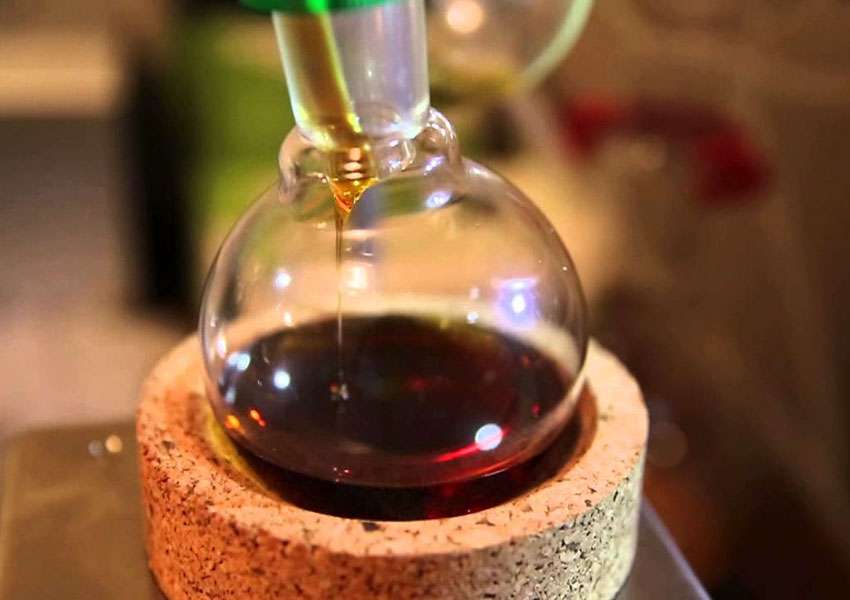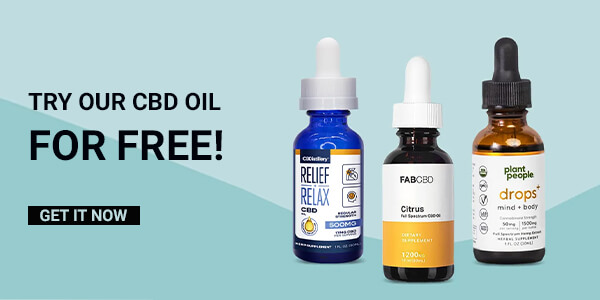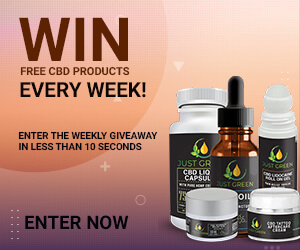THC-Free Distillate Certificate of Analysis (COA) is an essential document for consumers and businesses in the CBD industry. As the demand for CBD products grows, so does the need for transparency and quality assurance. COAs provide crucial information about the composition and purity of THC-free CBD distillates, ensuring that consumers can make informed decisions about the products they purchase. This comprehensive guide aims to explore THC-Free Distillate COAs, including what they are, how to interpret them, their importance, and how they contribute to a trustworthy CBD market.
What is THC-Free Distillate COA?
A Certificate of Analysis (COA) is a document issued by a third-party laboratory that analyzes and certifies the content of a CBD product, particularly THC-free distillates. It provides detailed information about the product’s cannabinoid profile, including the levels of CBD, THC, and other cannabinoids. Additionally, it verifies the absence of THC, ensuring that the product complies with legal requirements and offers consumers a THC-free option.
Importance of THC-Free Distillate COA
COAs are essential for several reasons
- Transparency: COAs offer transparency and trustworthiness to consumers, allowing them to verify the accuracy of product claims, such as THC-free status.
- Quality Assurance: COAs verify the quality and purity of CBD products, ensuring that they meet industry standards and safety regulations.
- Legality: THC-Free Distillate COAs are vital for ensuring that CBD products comply with legal requirements, especially in regions where THC is heavily regulated or prohibited.
- Product Consistency: COAs help maintain product consistency, ensuring that each batch of THC-free distillate meets the same quality standards.
What Does a THC-Free Distillate COA Typically Include?
A comprehensive THC-Free Distillate COA should include the following information
- Company Information: The name, address, and contact details of the company that produced the distillate.
- Product Information: The name, batch/lot number, and date of manufacture of the THC-free distillate.
- Cannabinoid Profile: The COA should provide a breakdown of the cannabinoid content in the product, including the levels of CBD, THC, CBG, CBC, and other cannabinoids.
- THC Content: The COA should explicitly state the THC content and verify that it is below the legal limit (usually 0.3% or less) to qualify as THC-free.
- Terpene Profile: Some COAs may include information about the terpene content, which contributes to the product’s aroma and potential effects.
- Pesticide and Residue Testing: The COA should verify that the THC-free distillate is free from pesticides, heavy metals, and other contaminants.
- Microbial Testing: The COA should include information about microbial testing, ensuring that the product is free from harmful bacteria and molds.
- Solvent Residue Testing: If solvents were used in the extraction process, the COA should confirm that no harmful residues remain in the final product.
- THC-Free Verification: The COA should clearly state that the THC-free distillate contains no detectable levels of THC.
Interpreting THC-Free Distillate COA
Interpreting a THC-Free Distillate COA can be overwhelming for those unfamiliar with lab reports. Here are some essential points to consider when analyzing a COA:
- Check the Date: Ensure that the COA is recent and corresponds to the batch/lot number of the product.
- THC Content: Verify that the THC content is labeled as “ND” (non-detectable) or “NDT” (non-detectable THC).
- Cannabinoid Profile: Review the levels of other cannabinoids, ensuring that CBD is present in the expected concentration.
- Contaminant Testing: Confirm that the product has undergone rigorous testing for pesticides, heavy metals, and microbial contaminants.
- Independent Testing: Ensure that the COA is from a third-party, independent laboratory to avoid potential bias.
Third-Party Testing and Accredited Laboratories
Third-party testing is a critical aspect of obtaining reliable COAs. Independent laboratories conduct these tests to ensure unbiased and accurate results. Accredited laboratories follow specific standards and procedures to maintain the highest level of integrity in their testing process. Consumers should seek THC-Free Distillate COAs from reputable companies that prioritize transparency and quality assurance.
Regulatory Compliance and Legal Considerations
THC-Free Distillate COAs are essential for companies to demonstrate compliance with legal requirements. In regions where THC is heavily regulated or prohibited, COAs serve as crucial documents to show that the product contains no detectable THC. This ensures that consumers can safely use THC-free CBD products without the risk of intoxication or legal repercussions.
CBD Distillation and THC Removal
CBD distillation is a process that involves refining and purifying CBD extract to isolate and concentrate CBD. During this process, THC can be removed to produce THC-free distillates or isolates. By carefully controlling the distillation process, manufacturers can ensure that THC is eliminated from the final product, creating a pure CBD distillate with non-detectable THC levels.
Different Types of CBD Products
There are various types of CBD products available, each offering distinct advantages and intended uses:
- Full-Spectrum CBD: Contains a wide range of cannabinoids, including THC, in addition to CBD. While the THC content is typically less than 0.3%, it may still be a concern for individuals sensitive to THC or living in regions with strict THC regulations.
- Broad-Spectrum CBD: Similar to full-spectrum, but with THC removed to non-detectable levels, providing the potential benefits of other cannabinoids without any THC.
- CBD Isolate: The purest form of CBD, containing only cannabidiol without any other cannabinoids or plant compounds. CBD isolate is often used in THC-Free Distillate products to ensure the absence of THC.
CBD Testing and Quality Assurance
Third-party testing and COAs play a crucial role in quality assurance for CBD products. Reputable CBD companies ensure that their products are tested by independent laboratories to verify the accuracy of product labels and ensure the absence of contaminants. This testing process includes potency testing for cannabinoids, screening for pesticides, heavy metals, microbial contaminants, and, most importantly for THC-Free Distillate products, THC detection.
Product Labeling and Transparency
Transparent product labeling is essential for consumers to understand what they are purchasing. Labels should clearly indicate whether a product is THC-Free Distillate and include relevant batch numbers to match the COA. Additionally, reputable CBD companies will often provide QR codes on product labels that link directly to the COA, allowing consumers to access the lab results easily.
The Entourage Effect and THC-Free Products
Some consumers may wonder about the potential loss of the entourage effect when using THC-Free Distillate products. The entourage effect refers to the potential synergy among cannabinoids, terpenes, and other compounds in the cannabis plant, which may enhance the overall therapeutic effects. While THC-Free Distillate products do not contain THC, they can still offer a wide range of beneficial cannabinoids and terpenes that contribute to the entourage effect.
Consumer Safety and Regulation
Ensuring the safety of consumers is paramount in the CBD industry. THC-Free Distillate COAs play a significant role in verifying the absence of THC, ensuring that consumers can confidently use CBD products without concerns about intoxication or failing drug tests. By complying with regulatory requirements and providing thorough COAs, CBD companies contribute to the establishment of safe and trustworthy products within the market.
Conclusion
THC-Free Distillate COAs are vital tools in the CBD industry, providing transparency, quality assurance, and regulatory compliance for THC-free CBD products. These comprehensive documents verify the absence of THC, ensuring that consumers can confidently use THC-free distillates without concerns about psychoactive effects or legal issues. As the demand for CBD products continues to grow, the importance of THC-Free Distillate COAs becomes increasingly evident in maintaining consumer trust and fostering a trustworthy and reliable CBD market.
- Exploring NCTF with Dr. Laura Geige” - April 6, 2024
- Lip Fillers, Botox, Dermal Fillers, Anti-Wrinkle Injections in Beckenham BR3 - March 26, 2024
- Where to buy CBD Oil in Maidstone, UK - October 20, 2023








